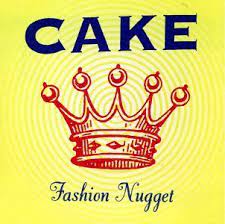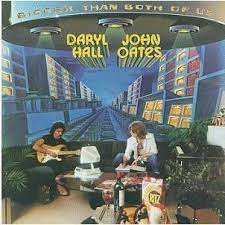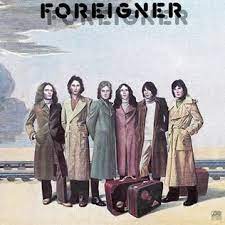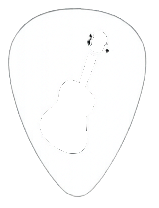Queen Guitar Songs – Learn to Play 6 Classic Rock Anthems
Queen’s music has captivated generations with its bold melodies, intricate arrangements, and timeless energy. On this page, you’ll find 6 acoustic-friendly guitar lessons that translate some of Queen’s biggest and most beloved songs to solo performance.
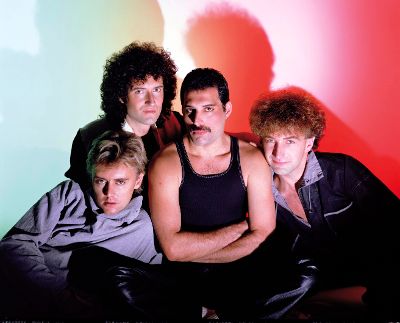
From the rockabilly-inspired “Crazy Little Thing Called Love” to the gritty groove of “Fat Bottomed Girls” and the dramatic flair of “I Want To Break Free,” each lesson includes easy-to-follow chords, strumming guidance, and video snippets to help you get playing fast.
Start by watching the video overview below, then jump to any song you'd like to learn.
🎸 Overview Video - “Watch This Preview of My Best Queen Guitar Songs”
Queen Guitar Lesson Titles
39All Dead All Dead
Crazy Little Thing Called Love
Fat Bottomed Girls
Hammer To Fall
I Want To Break Free
1. 39 - Learn To Play On Guitar
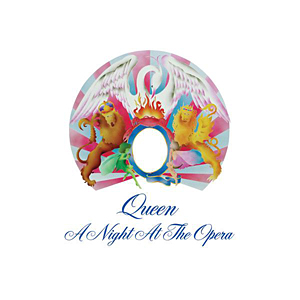
39 is a song from the 1979 album A Night At The Opera.
This is one of Queen’s most acoustic-driven tracks, with a strong campfire feel. Brian May used a 12-string acoustic to build the rhythm, making it a perfect fit for solo performance.
The lyrics tell a time-travel tale disguised as a love song — very unique.
The song was never released as a single. May sang the lead in the studio but on tours Freddie Mercury would sing the lead.
At the 1992 Tribute concert for Freddie Mercury, George Michael sang 39 as his contribution to the concert.
Chords And Strumming
This one is played in standard tuning with a root down up down up down up and repeat rhythm pattern. Some picking in the beginning and end. Chords here are G, D, Em, C, E, Am, A#, Ddim, B7, G6, D#, Cm and an A7.
Guitar Lesson Detail - (chords & lyrics sheet incl with lesson)
Back To Song List
2. All Dead All Dead - Learn To Play On Guitar
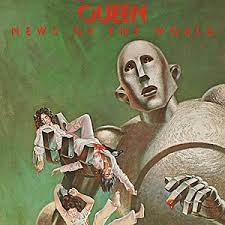
All Dead All Dead was written by Brian May about a pet cat that had died when he was a young boy. The song was never released as a single.
The track can be found on the 1977 album "News Of The World".
A haunting, piano-led ballad with deep emotional tones — originally sung by May (and later by Freddie in an alternate version).
Though the studio version is piano-heavy, the chords translate beautifully to guitar. The melancholic melody and slow tempo make it suitable for expressive acoustic play.
Chords And Strumming
The rhythm pattern here can be down strokes or use a down up down up repeat pattern. The chords here are Dmaj7, G, D, Em, A/Db, Daug, Bm, Gb7, A, Gb, A/Gb, D/Gb, Bm/A, Gbsus and a Gaug. No lead in this one with a capo 3rd fret and in standard tuning.
Guitar Lesson Detail - (chords & lyrics sheet incl with lesson)
Back To Song List
3. Crazy Little Thing Called Love - Learn To Play On Guitar
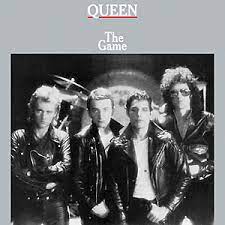
Crazy Little Thing Called Love hit the airwaves in 1980 and can be found on the album "The Game". A rockabilly-style tribute to Elvis Presley.
It’s practically made for acoustic guitar. The rhythm is upbeat and catchy, and the chords are beginner-friendly. Queen performed it live with Freddie on acoustic — so it's very natural to teach in this format.
The song was a #1 in Australia, Canada and the US and a top 10 in several others.
Chords And Strumming
For chords here play D, G, C, A#, E and A with some lead and in drop D tuning. The rhythm pattern is a simple down up down up down up and repeat..
Guitar Lesson Detail - (chords & lyrics sheet incl with lesson)
Back To Song List
4. Fat Bottomed Girls - Learn To Play On Guitar
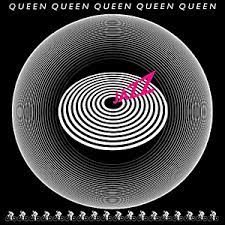
Fat Bottomed Girls hails from the bands 1978 album Jazz and written by Brian May.
Bluesy riffs, big harmonies, and cheeky lyric make up this number.
While the original is heavy and electric, the core structure uses strong open chords and a steady, stomp-clap rhythm — easily adapted to acoustic. Fun to play and very recognizable from the opening line.
The song was actually a B side to a song called Bicycle Race.
Chords And Strumming
Played in standard tuning with a down up down up down up and repeat rhythm pattern with the chords D, C, G and A. No lead required.
Guitar Lesson Detail - (chords & lyrics sheet incl with lesson)
Back To Song List
5. Hammer To Fall - Learn To Play On Guitar
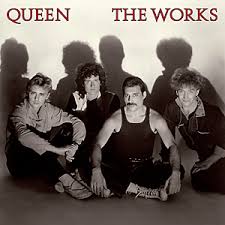
Hammer To Fall was one of four singles from Queen's 1984 album called The Works. The other three singles charted in the top 10 where this song peaked at #13 in the US.
A hard-rock anthem with Cold War themes — famously performed at Live Aid.
The acoustic version tones down the heaviness, focusing instead on the powerful rhythm and dynamic chord changes. Players can keep the song’s energy while adapting it to a solo format.
Chords And Strumming
This has a muted shuffle or just play down strokes with the A, D/A, E/A, E, D, G, and a Gbm in standard tuning. I have an improved lead break in this one.
Guitar Lesson Detail - (chords & lyrics sheet incl with lesson)
Back To Song List
6. I Want To Break Free - Learn To Play On Guitar
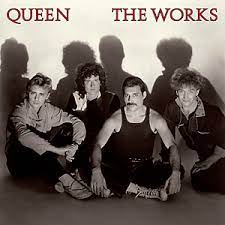
I Want To Break Free was a single from the band in 1984 from their album "The Works" and was written by John Deacon. The song has an iconic synth intro, controversial music video, and a liberation anthem.
Although it’s synth-driven in the original, the chords and progressions adapt well to acoustic strumming. It’s a great example of turning an 80s pop-rock track into a more intimate guitar performance.
The song was a #1 in several countries and a top ten in several more.
Chords And Strumming
I play this one in drop D tuning with a capo on the 2nd fret. For rhythm play a down up down down up down and repeat pattern and be prepared for some lead in this song. The chords you'll need are Bm, A, G, D, Dsus and E7.
Guitar Lesson Detail - (chords & lyrics sheet incl with lesson)
Back To Song List
Whether you’re looking to strum along to Queen’s rockabilly throwbacks or explore deeper cuts like “All Dead, All Dead” or “’39,” these lessons will help you bring Freddie Mercury and Brian May’s brilliance to your acoustic guitar.
With simplified arrangements, rhythm guidance, and demo snippets, each song is made accessible for solo performance. Choose your favorites, and get started playing Queen’s timeless catalog today.
If you liked this Queen guitar songs page you might also like ... (click images)
Queen Documentary
Acoustic Versions Of Rock Songs
